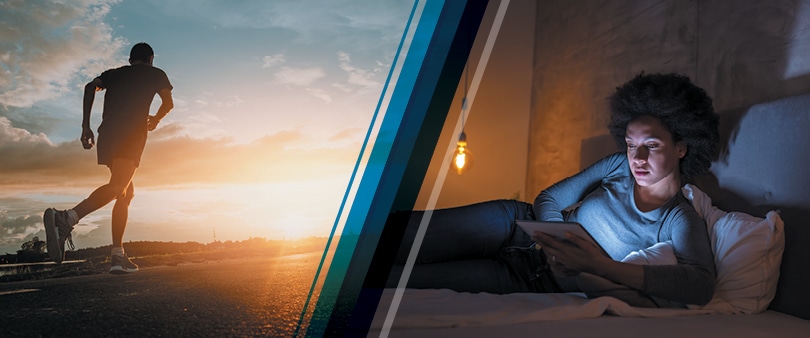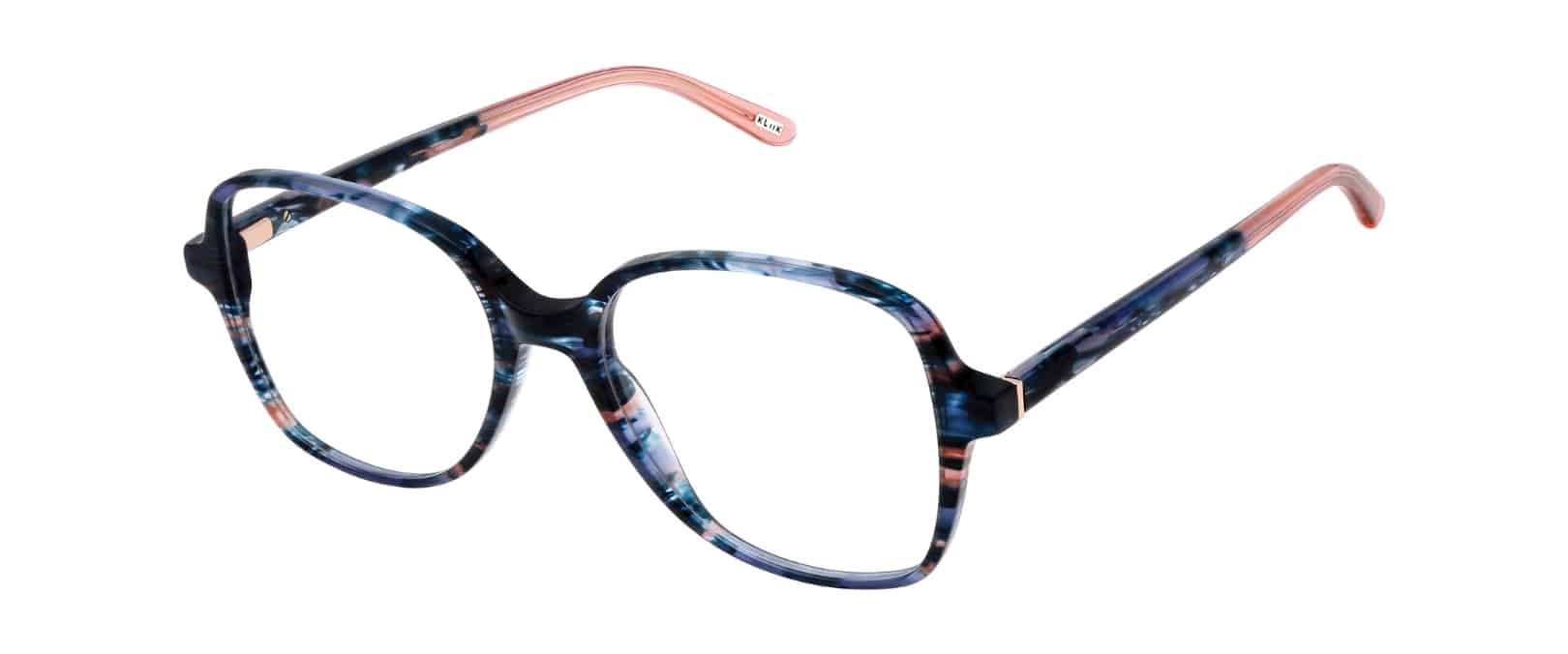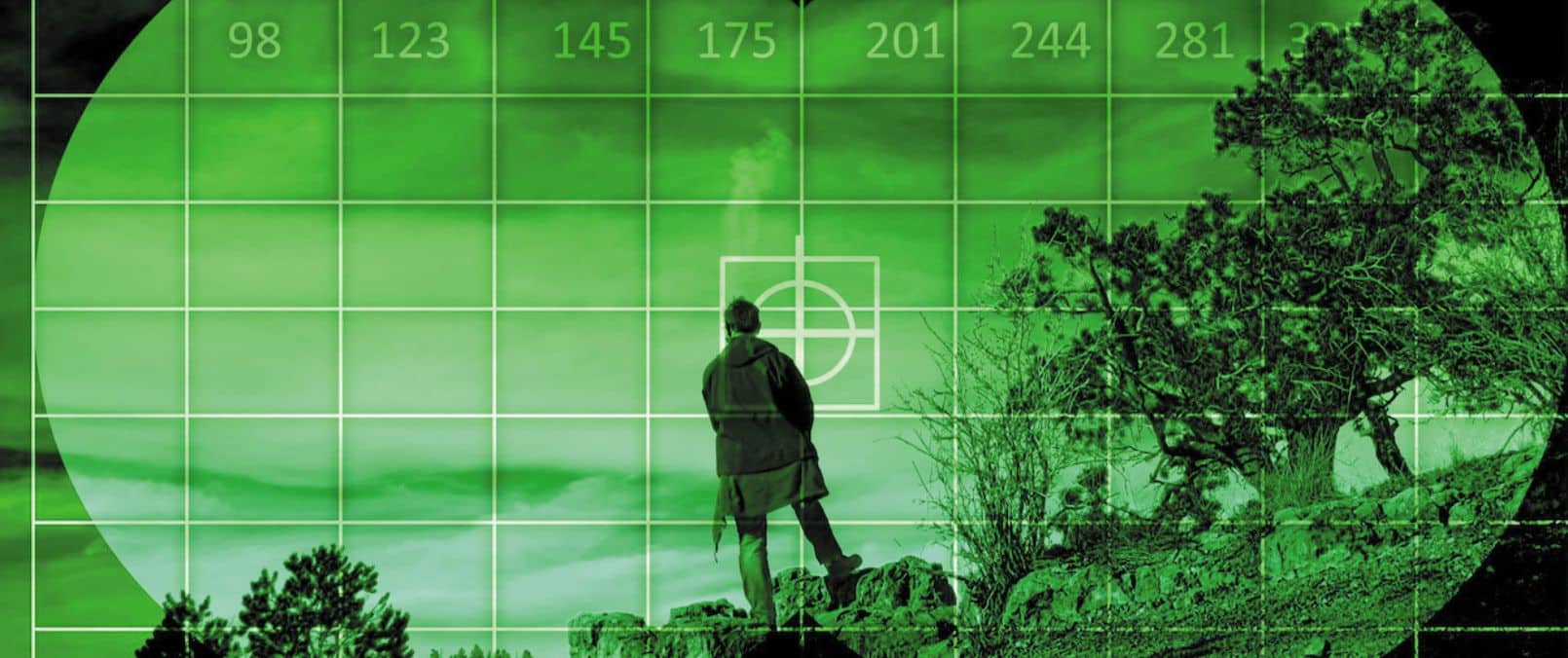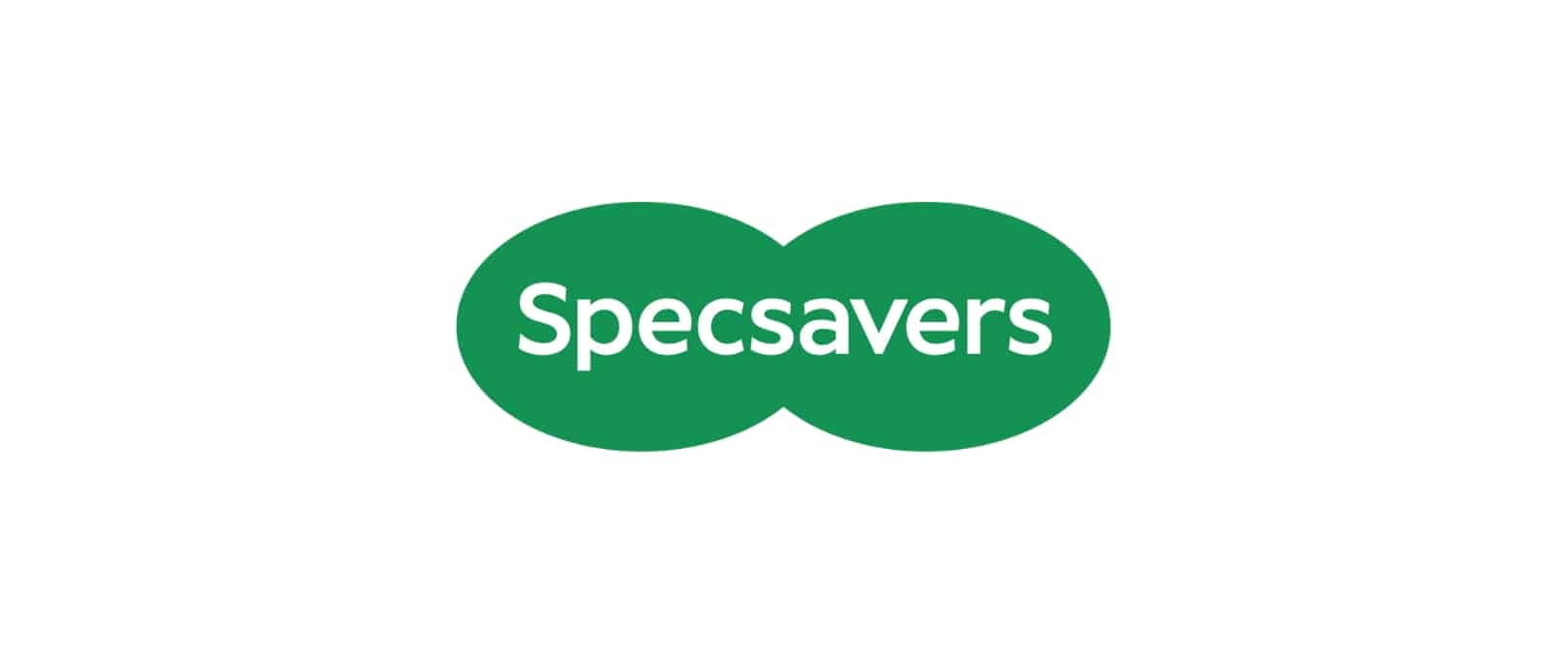The Facts About Blue Light
Friday, August 28 2020 | 07 h 37 min | Clinical Practice, Optik Magazine
In this article, Optik Magazine contributor Dr. Cheryl N. Zimmer, OD discusses the impact of blue light on ocular health and what ECPs should advise patients.
In 2018, an experimental, cellular study showed that blue light excited retinal isomers, irreversibly disrupting phospholipids and inducing toxicity. This and other laboratory studies have shown that blue light can damage cells, but these conclusions should not be extrapolated to mean that blue light damages the human retina.
Copious amounts of research have shown that exposure to ultraviolet (UV) light can damage the crystalline lens and retina, resulting in cataracts and age-related macular degeneration, respectively.
However, human studies of blue light exposure are lacking. Although laboratory data can be pivotal, it is important not to directly apply it to clinical situations.
Blue Light: Sleep and Migraines
What is certain, is that blue light directly impacts our sleep. The National Institutes of Health defines circadian rhythms as the physical, mental, and behavioural changes that follow a daily cycle, responding primarily to environmental light and darkness, helping to determine our sleep patterns.
It is also well known than that migraine headaches are exacerbated by bright lights and associated with photophobia. Recent studies show that that green light exacerbates migraine headaches less than white, blue, amber, or red light. These results correlate well with an older study that found that rose-coloured glasses, which filter blue light, significantly reduced migraine frequency in children over a 4-month period, from 6.2 migraines per month to just 1.6 per month.
To find out more on the effects of blue light on sleep, brain injuries and migraines, read the full article by Dr. Zimmer in the August-September issue of Optik.
Information for your patients:
- Get outside and enjoy the light in the morning, especially if you have experienced a concussion or mild traumatic brain injury. It will help you become wakeful and alert (but wear sunscreen and sunglasses to protect you from UV exposure).
- Stop using your digital devices about one to two hours prior to going to bed to get the melatonin flowing and help you sleep soundly. If this is not feasible, there are apps available for most digital devices that decrease the amount of blue light emitted by the screen, or if necessary, invest in lenses with a blue light filter for evening use.
- If you or your child suffer from migraines, blue-blocking lenses my offer comfort and reduce migraine frequency.








